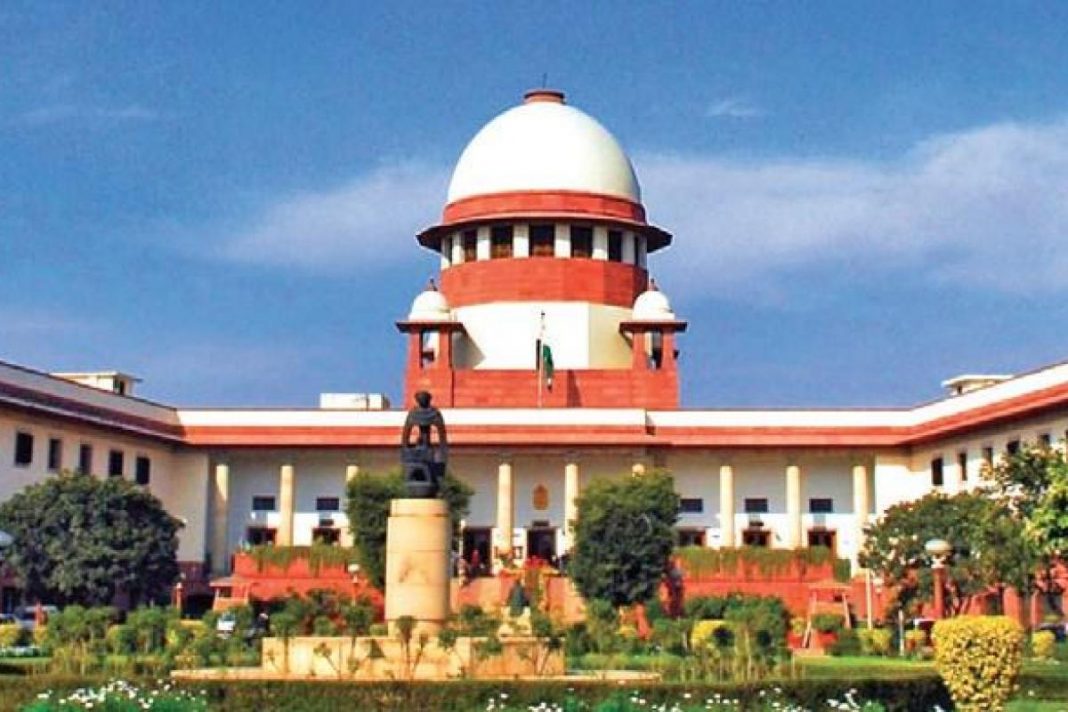The constitutional validity of Section 124A of the Indian Penal Code which deals with sedition has been challenged yet again by a petition in the Supreme Court, making it the fifth such plea.
Women journalists Patricia Mukhim and Anuradha Bhasin have filed the petition, claiming the use of the provision has continued unrestrained to intimidate, silence and punish journalists, and the livid experience of the last six decades has led to this conclusion that unless the provision is deleted from the IPC, it will continue to ‘haunt and hinder’ the full realisation of the right to free speech and the freedom of press.
The plea referred to data procured from the National Crime Records Bureau (NCRB), which showed a steep rise in the cases of sedition, with a 160 percent rise from 2016 to 2019, simultaneously accompanied by an abysmally low conviction rate, which dropped to 3.3 percent in 2019.
It stated that in view of the evolution of jurisprudence of the fundamental rights of citizens since 1970 till 2021, the provision is liable to be struck down as being ultra vires Articles 14, 19 and 21 of the Constitution.
It referred to various Supreme Court verdicts, starting from RC Cooper vs Union of India (1970), where an 11-Judge Bench had held that the real test of constitutionality lay not in the object of the legislation, but in the “real impact,” it has on the life of an individual.
The plea then referred to the case of KS Puttaswamy vs Union of India (2017), where the test of manifest arbitration was applied. The provision was upheld by the Supreme Court in 1962 in the case of Kedar Nath Singh vs State of Bihar.
The latest petition pointed out that the said judgement upheld the constitutionality of Section 124A IPC when it was classified as a non-cognisable offence, which is no longer valid law, as the offence of sedition is now a cognizable and non-bailable offence since 1973 under the Code of Criminal Procedure, and consequently its vires and impact on life and liberty needs fresh judicial scrutiny.
Also Read: Supreme Court seeks more details in PIL over posters critical of Modi govt’s vaccination policy
The three tier categorisation of the punishment for the offence of sedition, ranging from life imprisonment to fine simpliciter, without any legislative guidance for sentencing, amounts to granting unbridled discretion to judges, which is hit by the doctrine of arbitrariness and violates Article 14.
The constitutionality of sedition as a restriction on free speech does not meet the test of necessity and proportionality. In this regard it is submitted that object of “public order” u/Article 19(2) can be achieved by less restrictive means than a provision which is so overboard and casts a chilling effect on the exercise of the right to free speech and expression. It is also stated that the issue of words like hatred, disaffection, disloyalty are incapable of precise construction, and are hit by the doctrine of vagueness and overbreadth, thereby falling foul of Article 14 of the Constitution.


